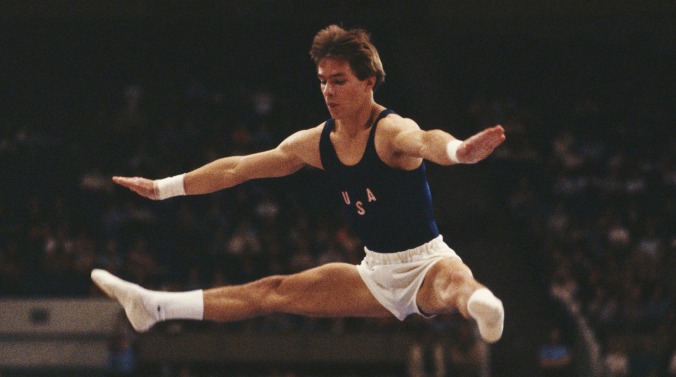R.I.P. Kurt Thomas, Olympic athlete and star of Gymkata

As reported by Variety, Olympic gymnast Kurt Thomas, the first American man to ever win a gold medal at the World Artistic Gymnastics Championships—though possibly better known to pop culture as the star of cult classic Gymkata—has died. Thomas had suffered a stroke back in May due to a tear in an artery in his brain stem. He was 64.
Thomas was born in 1956 and won several NCAA gymnastics championships while attending Indiana State University. In 1976, he was a member of the U.S. Olympic team and won the first of his gymnastics world championships a few years later in 1978, making him an obvious favorite for the 1980 Summer Olympics in Moscow. However, when the United States chose to boycott the games over the Soviet Union’s involvement in Afghanistan, Thomas missed his chance to return to the Olympics.
He then decided to do gymnastics professionally, which made him ineligible for the 1984 Olympics but opened the door for more and different opportunities, like an infamously silly 1985 martial arts film called Gymkata. Directed by Robert Clouse, the film is about a deadly competition/obstacle course called “The Game” in which the losers are killed and the winner is granted whatever they want. Thomas stars as a man who is enlisted by the U.S. government to enter and win The Game with his special “gymkata” fighting style (a combination of karate and Thomas’ actual gymnastics skills). The film was a flop when it was released, but more recent generations have looked more fondly on its unintentional comedy and extremely of-its-era plot, raising Gymkata to cult classic status.
WIth his acting career stalled, Thomas continued working as a gymnast. He failed to return to the 1992 Olympics (rules had changed by then to allow professional athletes to compete), but he managed to get two signature gymnastics moves that are named after him: The Thomas Flair and the Thomas salto. He created the latter, and the former bears his name because he was the first to successfully perform it in a competition.